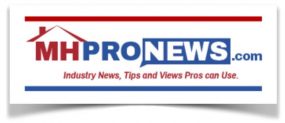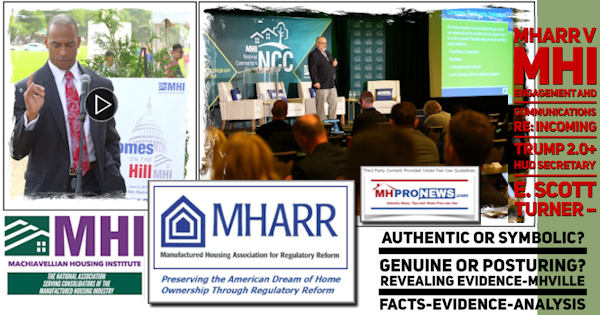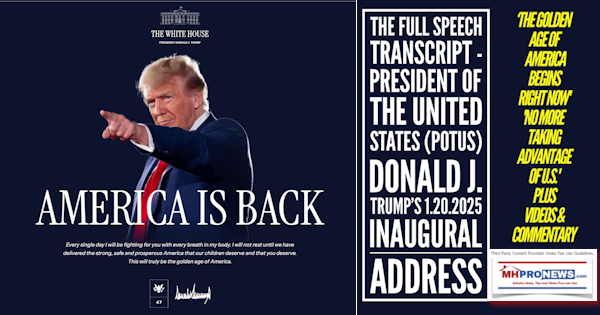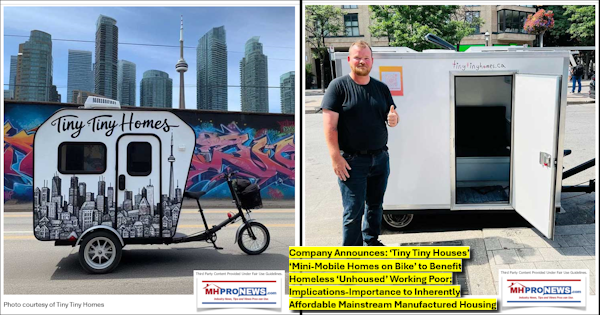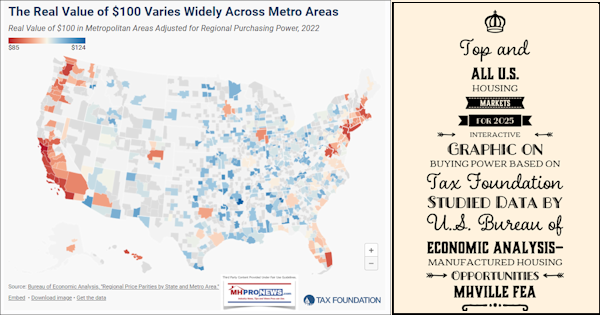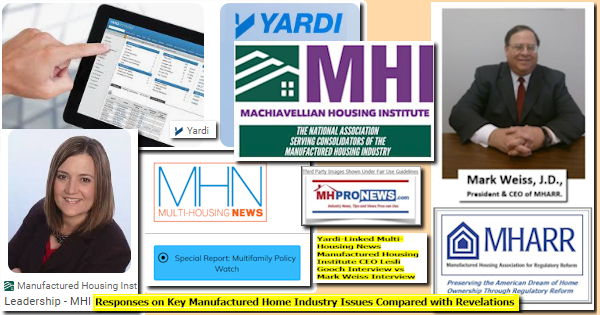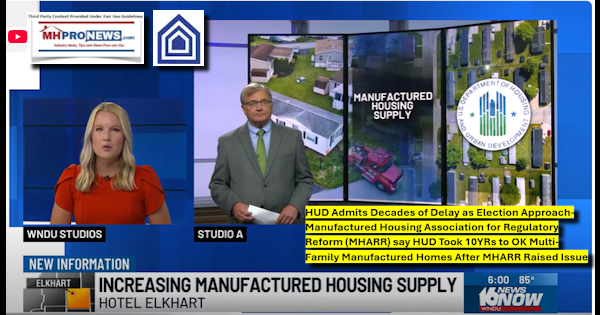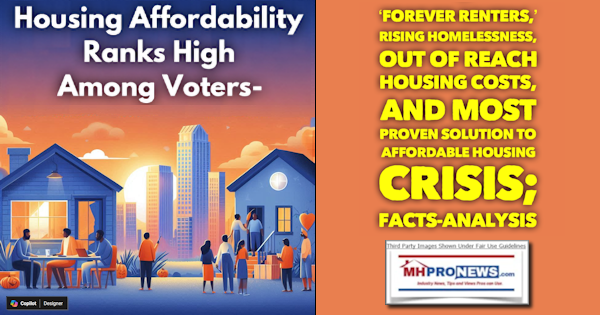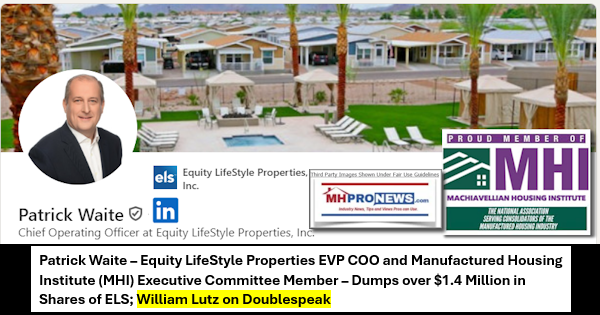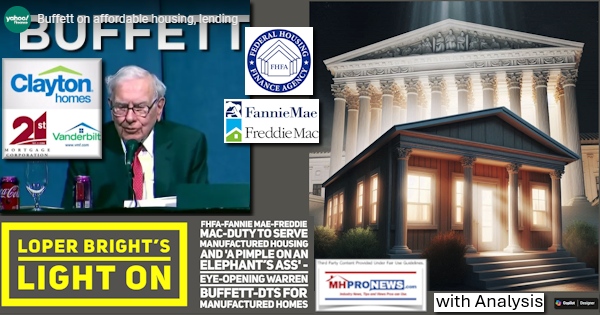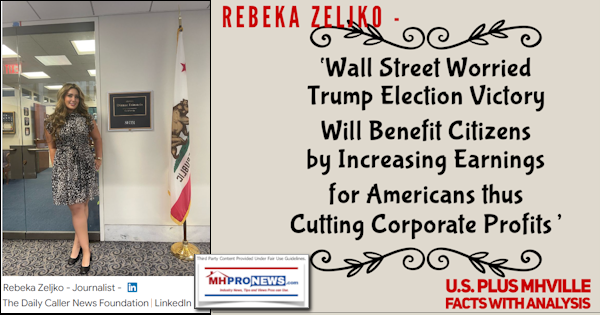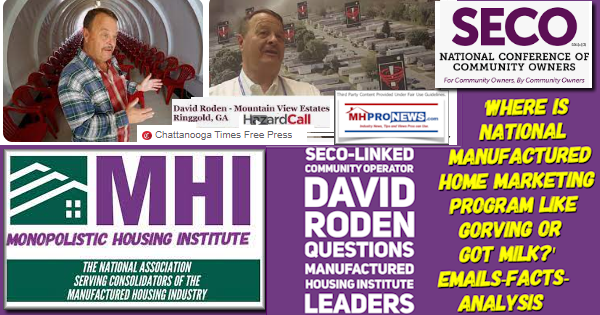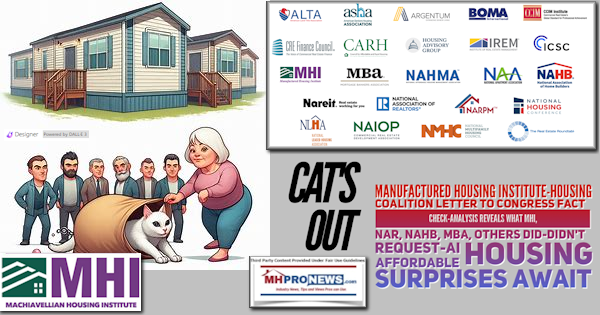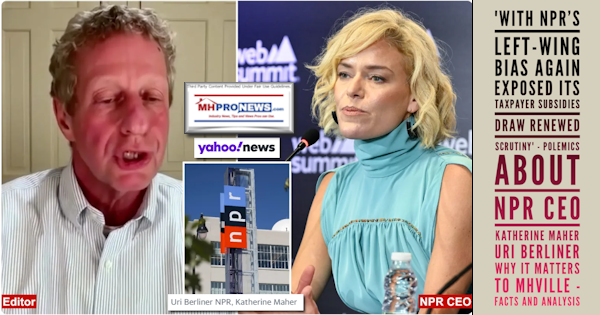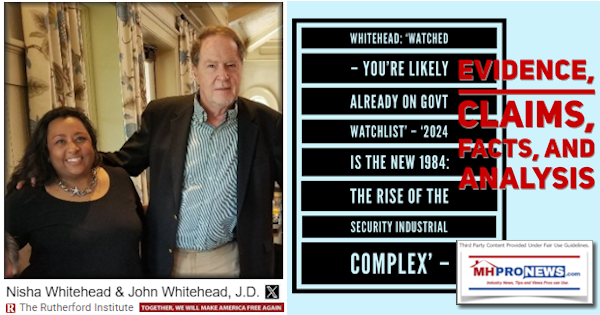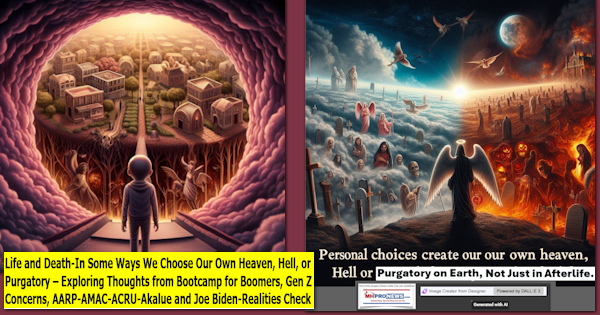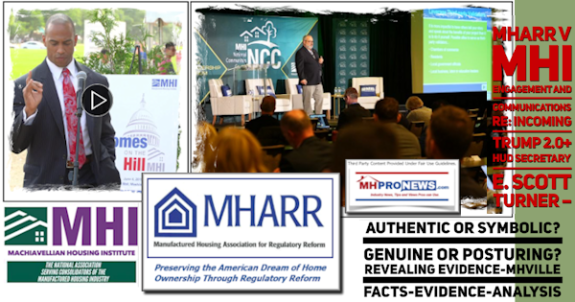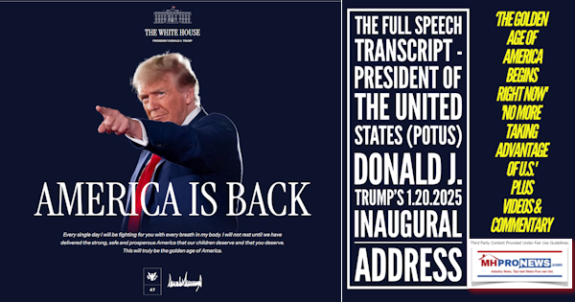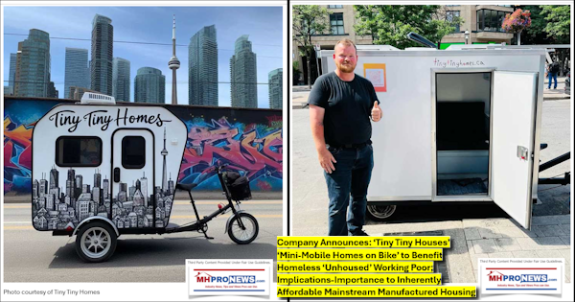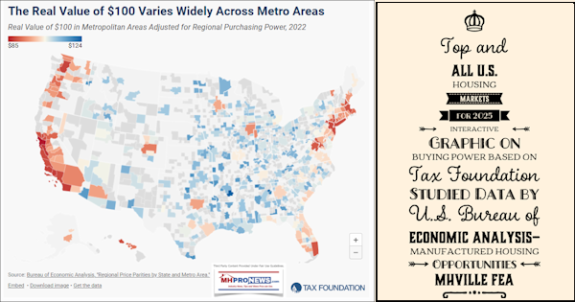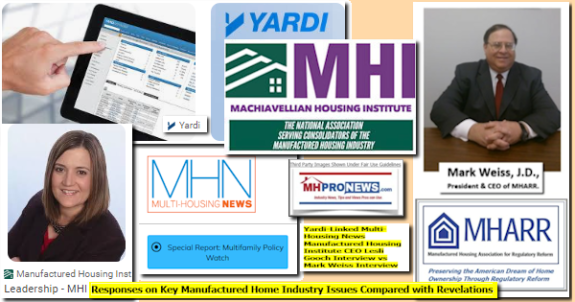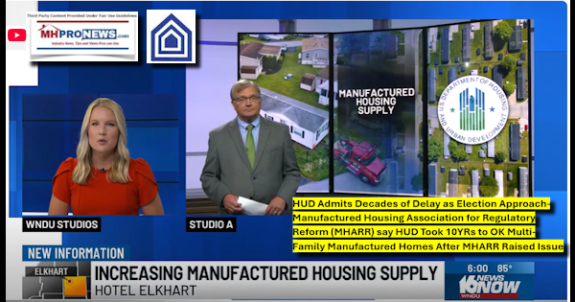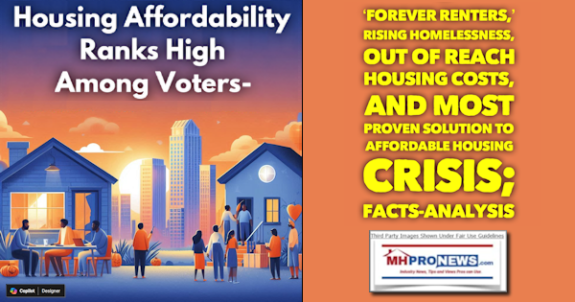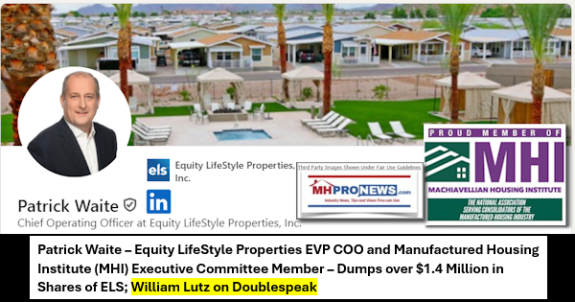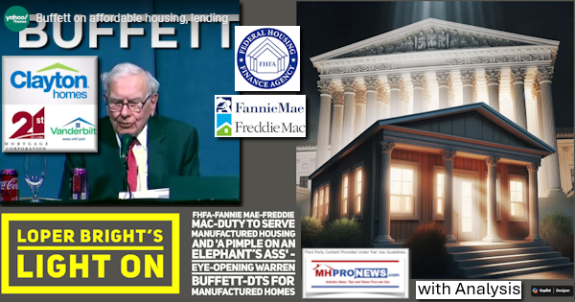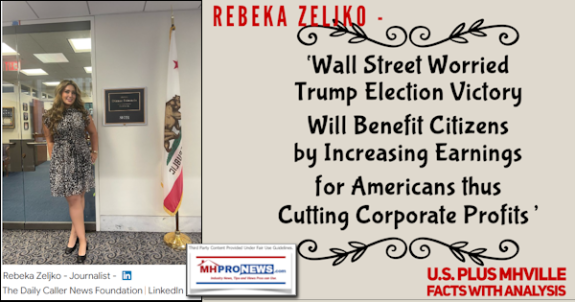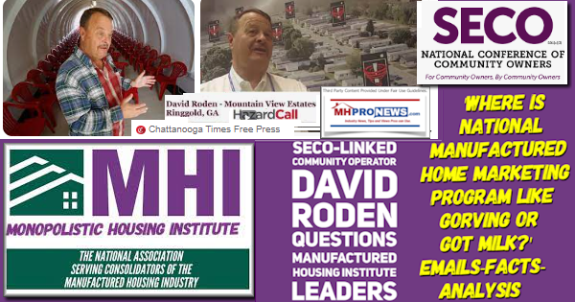Those who follow this blog and our www.MHMSM.com trade journal know that we are pro-Industry, solution oriented and believe in the present and future potential of our business. There are those who are profitable and are making money. That means others can be profitable, too.
We also believe in facing realities squarely. Neither holding one’s head in the sand, nor seeing sunshine when it is raining makes good sense. This blog post will focus on Dodd-Frank (DF) reviews, candid insights provided to MHMSM.com by Industry pros, and ask some tough questions to provoke thought.
We hope for the best, and will support all reasonable efforts at a proper resolution. But we must also look at the facts and ask those hard questions.
Because behind the scenes, MH pros say DF’s effects could get ugly for manufacturers, retailers, community operators and all who do business with them if we do not act rapidly in the political arena to amend Dodd-Frank.
Why?
After reviewing the facts and asking the questions below, we will let YOU answer that question for yourself.
With those disclaimers, let us begin with this briefing.
Let’s start with some facts.
1) According to MH chattel lenders, some of the triggers in Dodd-Frank (DF) as it stands today include:
A) high interest rate loans and
B) high risk loans.
2) DF regulatory requirements will add costs to a sale that must be borne by someone. One example given to me was for those who may get qualified for financing on a “high risk” loan. A counseling session will have to be attended before the loan is closed. Some say that counseling session could cost $475 -$600 per loan approval.
The counseling session will have to be scheduled, which could take time (example, 2-4 weeks). The class must be given by someone whose qualifications are approved by the government.
2a) How many will take the counseling session and not close?
2b) Then imagine a counseling session that costs $475 on say a used MH home loan for $20,000.
2c) Who pays if the loan does not close?
2d) Will consumers who may struggle to come up with a 10% down payment be able to afford this added cost?
2e) Will retailers who are struggling want to shoulder that added cost for a counseling session?
3) There are other examples of regulations that will add costs. While estimates vary on the additional cost per loan for Dodd-Frank’s implementation, the common one used is about $4,000 per loan. Under the high cost rule, a lender is allowed to charge only 6% of the amount financed in closing costs. Given that the existing (pre Dodd-Frank) costs run around $750.00 to originate a loan, the fixed transactional costs will run around $4,700.00 per loan. This is one reason why chattel (personal property or ‘home only’ loan) lenders say this will cut off financing on personal property loans under $78,000.
Beyond the costs of the loans themselves are the consequences of losing perhaps half of the home-only financing that currently exists at an already depressed level.
Ask yourself these questions:
1) How many MH retailers and MH communities sell single-section (‘single wide’) HUD Code manufactured homes over $78,000 (plus, the down payment)?
2) How many MH retailers and MH communities sell multi-section (‘double wide’) HUD Code manufactured homes under $78,000 (plus, the down payment)?
3) What would happen to the value of new and resale homes that could not obtain financing?
4) What would happen to the value of manufactured home communities (or factories, retailer centers, etc.) if Dodd-Frank gets implemented without amendment?
5) How many businesses would close?
6) How many jobs would be lost? (Example, one estimate is 20,000+ jobs, plus the economic ripple effect on others caused by the loss of those jobs).
Now as business owners, managers, contractors or employees, it is natural to think about yourself and how this can hurt you.
But think about the impact on manufactured home owners. Millions of manufactured home owners could be punished by the unintended consequences of this law.
Look at statistics on MHVillage, which indicates the average sales price on all homes sold there since May 27, 2011 is $33,338.73. When financing on a big-ticket item dries up, prices fall. That is an economic fact of life. Millions of manufactured home owners could watch their home values drop sharply, yet again.
Another one of the elephants in the room relates to our industry’s personal property lenders.
Will MH personal property finance companies stay in manufactured housing lending if a big bite is taken out of their loan volume?
Some say, no. They may have to phase out their operations as a result. So not just ‘high cost’ or ‘high risk’ loans will be impacted, but it is conceivable that some lenders will pull out.
If you do not like financing as it stands today, doing nothing to change Dodd-Frank will no doubt make matters far worse.
There are those pros who behind the scenes say there is no way to understate the impact this has on our Industry.
Some quietly speculate that the announced sale of a large part of Hometown America to Equity Lifestyles is due to the growing regulatory challenges this industry faces. As Marty Lavin stated in Industry Voices previously, will rentals save MHC’s? It may buy time for some operators, but for many it will not save their skins over time.
The Manufactured Housing Institute (MHI) has stated it could take 18-30 months before rule making gets implemented by the Consumer Finance Protection Bureau (CFPB). The truth is it could also happen sooner.
The point?
There is no time to waste.
MHMSM.com has been told that a bill has not yet been submitted due to tactical/timing reasons. But the CFPB opens its doors officially on July 21, 2011.
The clock is ticking.
That outlines the challenges.
What can you and I do to help avert these high impact problems?
First, this can be seen as critical a time as the industry has ever faced. This is not hype; it is stone cold reality if nothing is done. So if you are not active in one or more associations, this is the time to become active. They need you and you need them.
Next, as a well known MHC personality has said privately, we need our residents and customers now more than ever. They also need us more than ever. This is the time for positive outreach. This is the time for mending fences if they need mending. Floods and disasters can bring people together, even those who have distrusted one another. This could be a good opportunity for manufactured home businesses along with HUD Code and pre-Code ‘mobile home’ owners to come together. That could become a powerful force at election time.
Next, and without delay, contact the key players in both parties in the House and Senate.
Wikipedia says:
The United States House Committee on Financial Services (also referred to as the House Banking Committee) is the committee of the United States House of Representatives that oversees the entire financial services industry, including the securities, insurance, banking, and housing industries.
Current members, 112th Congress:
Majority (Republican)
Spencer Bachus, Alabama, Chairman
Peter T. King, New York
Ed Royce, California
Frank Lucas, Oklahoma
Ron Paul, Texas
Donald A. Manzullo, Illinois
Walter B. Jones, North Carolina
Judy Biggert, Illinois
Gary Miller, California
Shelley Moore Capito, West Virginia
Jeb Hensarling, Texas, Vice Chair
Scott Garrett, New Jersey
Randy Neugebauer, Texas
Patrick McHenry, North Carolina
John Campbell, California
Michele Bachmann, Minnesota
Thaddeus McCotter, Michigan
Kevin McCarthy, California
Steve Pearce, New Mexico
Bill Posey, Florida
Mike Fitzpatrick, Pennsylvania
Lynn Westmoreland, Georgia
Blaine Luetkemeyer, Missouri
Bill Huizenga, Michigan
Sean Duffy, Wisconsin
Nan Hayworth, New York
Jim Renacci, Ohio
Robert Hurt, Virginia
Robert Dold, Illinois
David Schweikert, Arizona
Michael Grimm, New York
Quico Canseco, Texas
Steve Stivers, Ohio
Stephen Fincher, Tennessee
Minority (Democrat)
Barney Frank, Massachusetts, Ranking Member
Maxine Waters, California
Carolyn B. Maloney, New York
Luis Gutierrez, Illinois
Nydia Velázquez, New York
Mel Watt, North Carolina
Gary Ackerman, New York
Brad Sherman, California
Gregory W. Meeks, New York
Michael Capuano, Massachusetts
Ruben Hinojosa, Texas
William Clay, Jr., Missouri
Carolyn McCarthy, New York
Joe Baca, California
Stephen Lynch, Massachusetts
Brad Miller, North Carolina
David Scott, Georgia
Al Green, Texas
Emanuel Cleaver, Missouri
Gwen Moore, Wisconsin
Keith Ellison, Minnesota
Ed Perlmutter, Colorado
Joe Donnelly, Indiana
André Carson, Indiana
Jim Himes, Connecticut
Gary Peters, Michigan
John Carney, Delaware
Wikipedia further states that:
The United States Senate Committee on Banking, Housing, and Urban Affairs (formerly the Committee on Banking and Currency) has jurisdiction over matters related to: banks and banking, price controls, deposit insurance, export promotion and controls, federal monetary policy, financial aid to commerce and industry, issuance of redemption of notes, currency and coinage, public and private housing, urban development and mass transit, and government contracts.
Members, 112th Congress
The Committee is chaired by Democrat Tim Johnson of South Dakota, and the Ranking Member is Republican Richard Shelby of Alabama.
Majority (Democrat)
Tim Johnson, South Dakota, Chairman
Jack Reed, Rhode Island
Chuck Schumer, New York
Bob Menendez, New Jersey
Daniel Akaka, Hawaii
Sherrod Brown, Ohio
Jon Tester, Montana
Herb Kohl, Wisconsin
Mark Warner, Virginia
Jeff Merkley, Oregon
Michael Bennet, Colorado
Kay Hagan, North Carolina
Minority (Republican)
Richard Shelby, Alabama, Ranking Member
Mike Crapo, Idaho
Bob Corker, Tennessee
Jim DeMint, South Carolina
David Vitter, Louisiana
Mike Johanns, Nebraska
Pat Toomey, Pennsylvania
Mark Kirk, Illinois
Jerry Moran, Kansas
Roger Wicker, Mississippi
If you live in a state/district with one or more of these members, it would be wise to contact your state association, community association and/or MHI for guidance on talking points to line up support. It can make sense to schedule a meeting with a group of people, including home owners, when possible. But some type of meeting is better than no meeting. Writing is better than not writing.
If you are a MHARR member, you should contact MHARR to discuss their position on Dodd-Frank. Your factory’s open doors hang in the balance.
Part of the challenge of Dodd-Frank is a polarized Congress. We need a bi-partisan effort. Make sure your law maker understands that fact.
Now let me tell you what pros tell me about lobbying.
Learn the talking points and express them from the heart. Lobbyists say, for example, that a number of form letters have some impact. But form letters do not have as much impact as a personalized letter will or that a meeting with a legislator and/or their staff can. So whoever is your best writer, have that person draft the letter based on your associations’ input plus your own considered experiences.
Okay, with all that said, if you are a retailer or community operator, factory, vendor or supplier, what should you do?
Beyond taking strong political and association action, you need your own backup plan.
As a business owner or executive, I would try to sell as many homes, and fill as many vacant sites right now as I possibly could. This is not the time for low results or excuses. Pay for good help if you need it. If you need assistance in enhancing your marketing and selling, please give me a call at 847-730-3692.
There are those who say that if Dodd-Frank gets implemented, it could kill a sizable part of what is left of manufactured housing.
Independents will likely suffer first. The majors and strongest independents could survive. Those with deep pockets will no doubt profit over time, as they buy assets after they have fallen in value.
We should not wait to find out if the rich get richer, sometime after the dust settles. Take steps NOW to boost your sales, occupancy and bottom line results. Grow your market share NOW, because some will regrettably do nothing.
Henry Ford, who weathered his own storms, wisely said:
“The man who stops advertising to save money
is like the man who stops the clock to save time.”
If DF goes into effect un-amended, some could shift to higher-end HUD Code, modular or other factory-built home sales. Other strategies exist as well, that experts could guide you into.
But let’s not wait to find out.
Boil this down to these 3 steps:
A) Get informed. Connect with your association ASAP. Stay plugged into this news www.MHProNews.com source (www.MHMSM.com) and others. Knowledge is power.
B) Get involved. Take appropriate action politically, and get as much support from manufactured home owners as possible.
C) Be inclusive. Get others informed and involved, too. There is strength in numbers.
If you take those three steps – A, B, C – in a timely fashion and together, we can still make a difference.
If we do not, this is like cancer, and the death could be slow and painful.
Let me thank all of those who have provided insights and information ‘off the record’ that makes this report to you possible.
America needs affordable quality factory built homes now more than ever. Let’s each do what we can to save HUD Code manufactured homes for generations yet to come. # #
